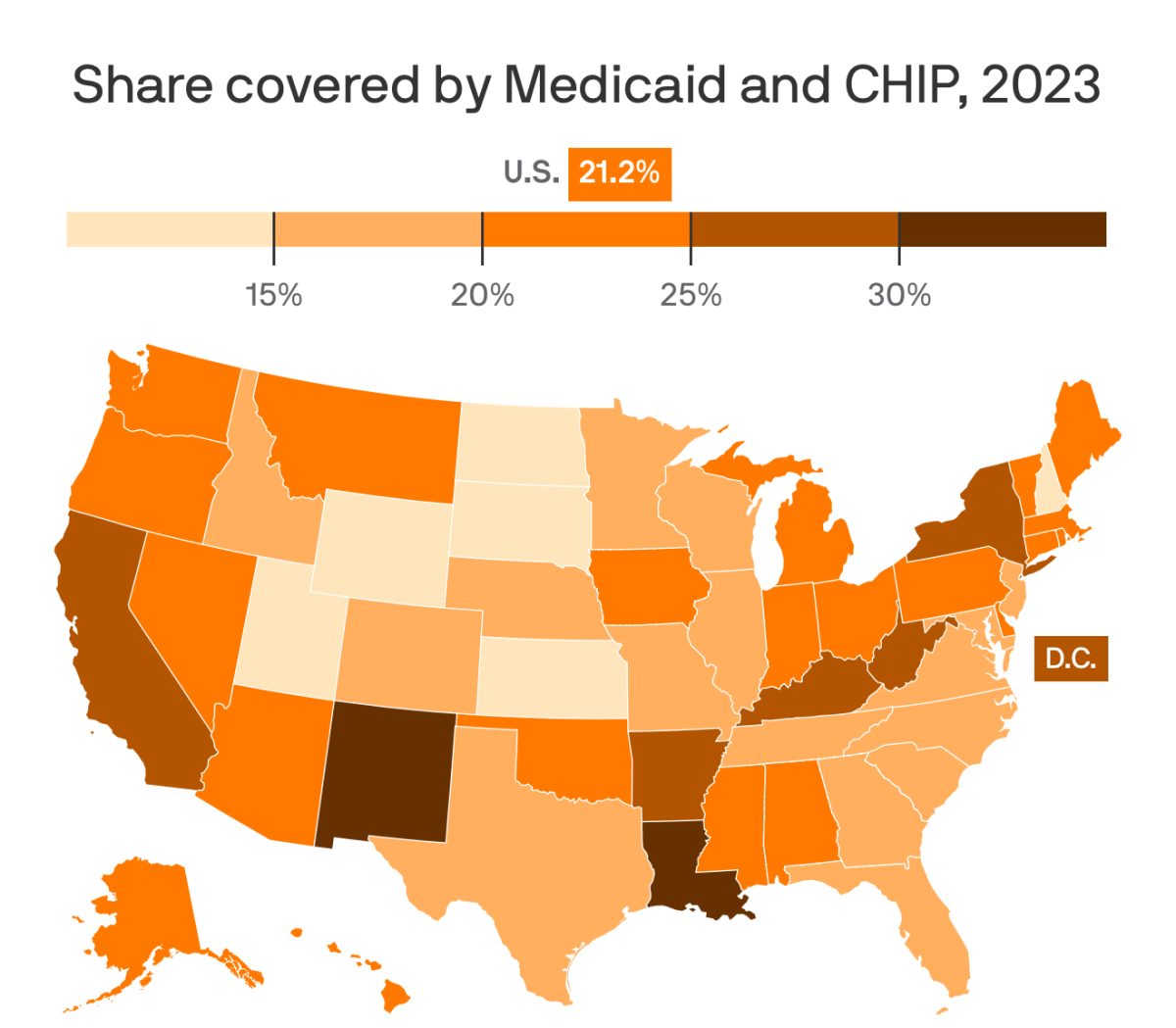America is facing one of the most unexpected price rises on an essential grocery item, eggs. People across the country are raging about the price increase for the everyday household food necessity.
It is no secret that the United States inflation rate is over 3-percent higher than its normal rate of 6.45 percent. The cause of this influx circles back to the failures of the Federal Reserve as they are not regulating interest rates and money supply properly. Their faults hit citizens directly with an increase in prices of food, gas, household items, etc.
Recently, inflation has slowed down but has not turned back to its normal. However, inflation is not even the reason for the price of eggs skyrocketing. The Avian Influenza outbreak also known as the bird-flu outbreak is the culprit of eggs becoming so overpriced.
According to the US Department of Agriculture, this outbreak has led to the death of over 60 million birds, 40 million of those egg-laying hens. Egg production is down by approximately 5-percent.
Timothy Eubanks, a freshman architectural engineering student, works at a local grocery store. Even though he lives on campus without a kitchen and does not purchase eggs as often, he sees the toll this disaster has on his community.
“People come in the store and complain about the egg prices all the time,” Eubanks said. “I feel bad because there is nothing I can do about it.”
Egg prices have been on the rise for the past year, just like any other grocery item. Customers notice a price increase, seeing eggs priced anywhere from $6 to $10, nothing compared to eggs being less than $4 just a year ago. This is putting a dent in the pockets of Americans, and unfortunately, there is no way around it.
Tiffani Barbee, a senior computer engineering/ mathematics student who also works at the Aggie Source Food Pantry, works diligently to alleviate the food insecurities among students at N.C. A&T by providing nonperishable and shelf food items. Many college students who visit the Food Pantry are already trying to meet ends with food items for themselves.
“I eat eggs every day, but I can not do anything about it,” Barbee said. “Buying eggs is like buying gas to me. I have to eat to stay alive, just as I have to drive around to get places, so there is not much I can do about the price change, but adjust to the changes.”
Junior nutrition student, Jordyn Strange, suggests adding milk to your eggs to make the quantity stretch when cooking.
“I only have four eggs left, but I do not plan on buying anymore at the prices offered in stores right now,” Strange said. “I hate to say it but I honestly think everyone should buy a chicken and start their own egg farm.”







